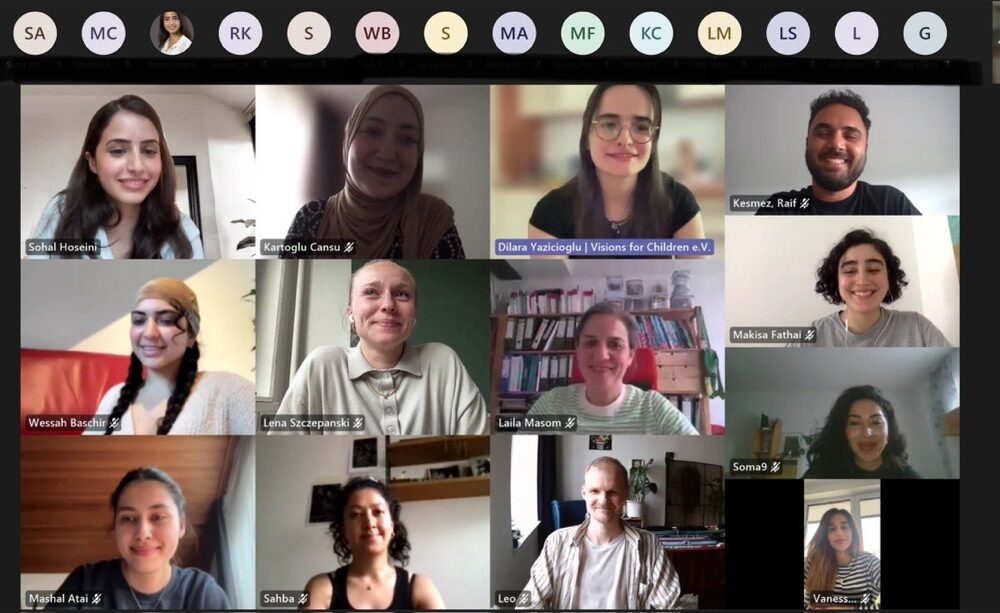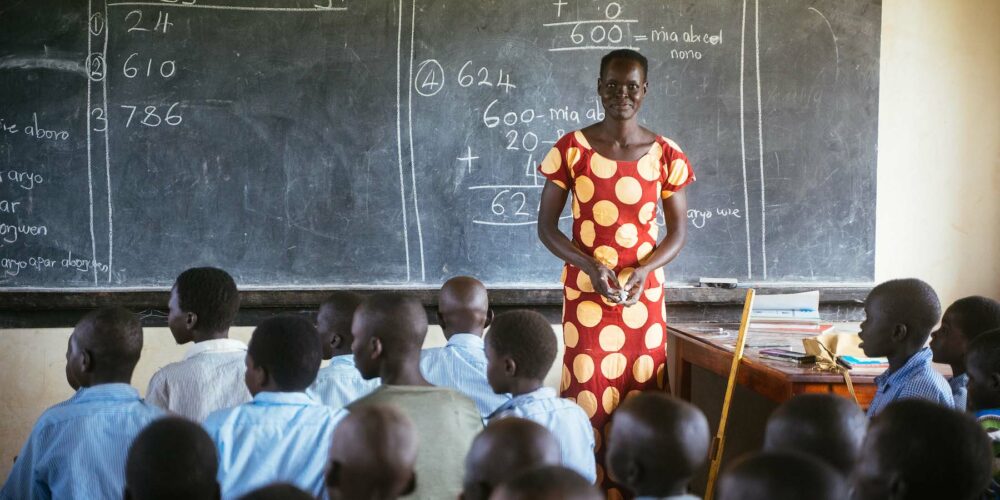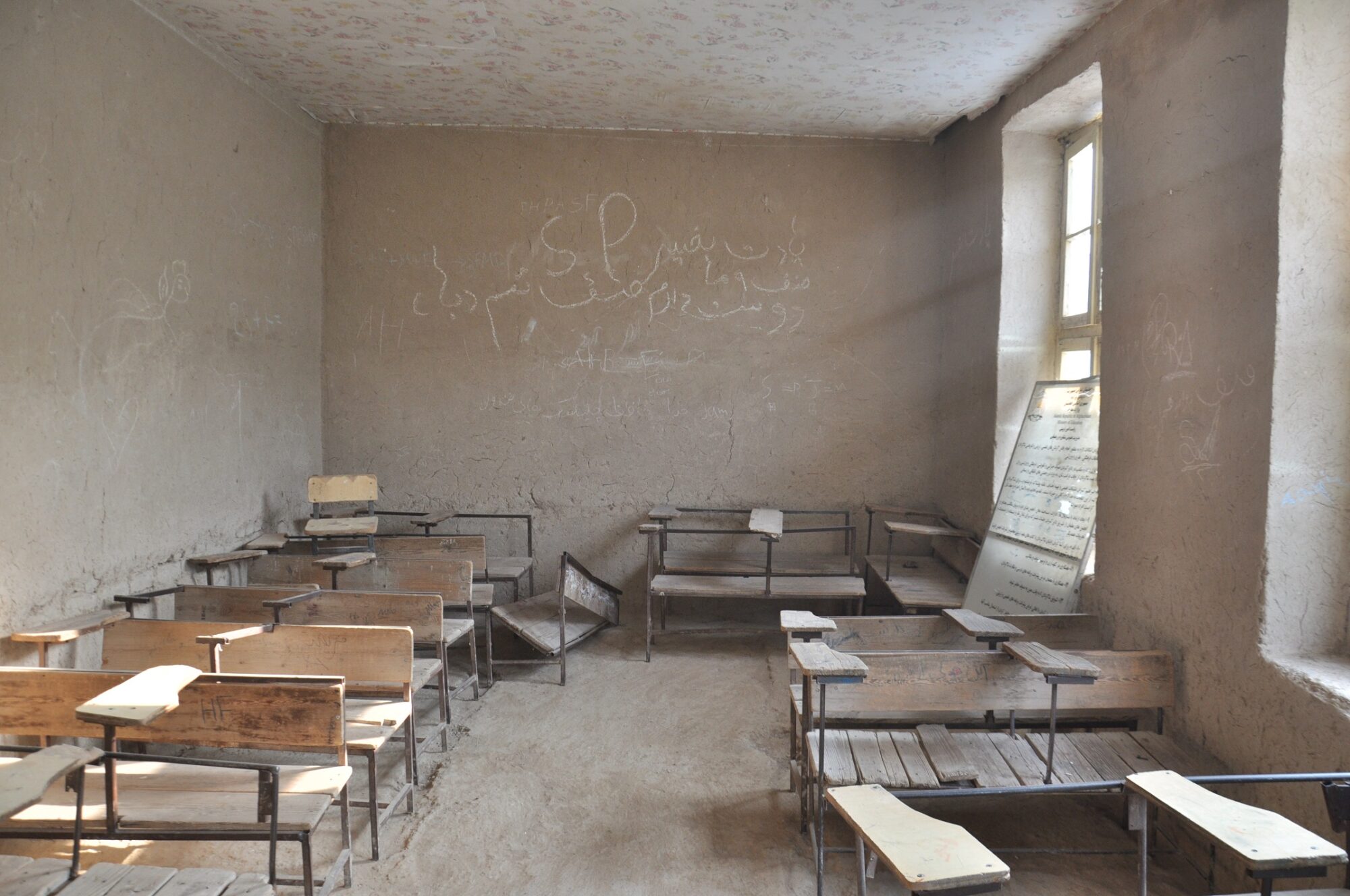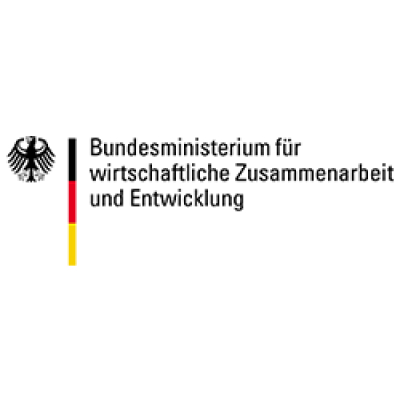
Teaching material for schools in Germany
In the German school system and curriculum, development policy content only appears in passing. Visions for Children e.V. has therefore set itself the goal of informing schoolchildren about global processes, particularly in connection with international crises and conflicts. The causes and consequences of crises, the right to education and development policy solutions are dealt with using the example of Afghanistan. The project includes the optimization of existing teaching materials from the previous national project as well as the development of new materials for the lower school. Training courses for teachers are also offered. The aim is to raise awareness among young people at an early age and promote their appreciation of education.
INITIAL SITUATION
Pupils in Germany have too little contact with the topic of development cooperation in school lessons. Current curricula do not sufficiently address the living conditions and effects of crises on regions/countries affected by poverty and war. This makes it difficult for pupils to see the complex situations involved from different perspectives. Contexts such as the causes and consequences of flight and migration are difficult to understand. Important global issues such as the right and opportunity to quality education are often taken for granted from the reality of our own lives. Pupils are also often unaware of Germany’s own role and responsibility in solving global crises.
We believe it is necessary to confront pupils with development policy issues at an early stage in order to raise their awareness, encourage them to engage with them and open up new perspectives. In this way, they can question their own roles and responsibilities.
OUR PROCEDURE
The target groups of the project are pupils in upper and middle secondary level 1, as well as pupils in lower secondary level 1, for whom new teaching materials are being developed that convey development policy topics at an early stage. Teachers who support or use the materials are also to be considered a target group.
The project involves cooperation with teaching institutes in the respective federal states and committed teachers. There will also be an event for student teachers at the University of Cologne. Together with them, the existing teaching materials from the pilot project are to be revised and expanded. This includes the integration of alternative and additional tasks to make the materials accessible for intermediate secondary level 1. In addition, the materials are to be adapted to the educational plans of five other federal states.
In addition, new teaching materials for grades 5-6 need to be created, as the existing materials are too demanding for younger pupils. The new materials should be flexibly adaptable and extend over 4-6 teaching units of 45 minutes each.
The materials for pupils are to be supplemented by handouts for teachers that provide suggestions for using the teaching materials. Information events and workshops for teachers are also offered online and at the Hamburg Teachers’ Institute.
The measures are implemented by the project team in close cooperation with educational specialists and teachers. The aim of the project is to raise pupils’ awareness of international crises and conflicts at an early stage, to teach them about possible solutions in the context of sustainable development cooperation and to raise awareness of the right to education. The selected measures are intended to shape the students’ knowledge and understanding in the long term so that they can pass this knowledge on in their environment.
Once the project has been completed, the revised and new teaching materials will be used in schools on a permanent basis to continue raising pupils’ awareness of the topics mentioned. It is planned to develop a long-term implementation strategy to ensure that the materials are also used after the end of the project.
This project is supported by ENGAGEMENT GLOBAL.
WHAT HAS BEEN ACHIEVED SO FAR

WORKSHOPS WITH TEACHERS
Together with committed teachers, there were 3 conception workshops in which the materials from the 1st domestic project were revised and new ideas for the conception and structure of the new materials were collected.











